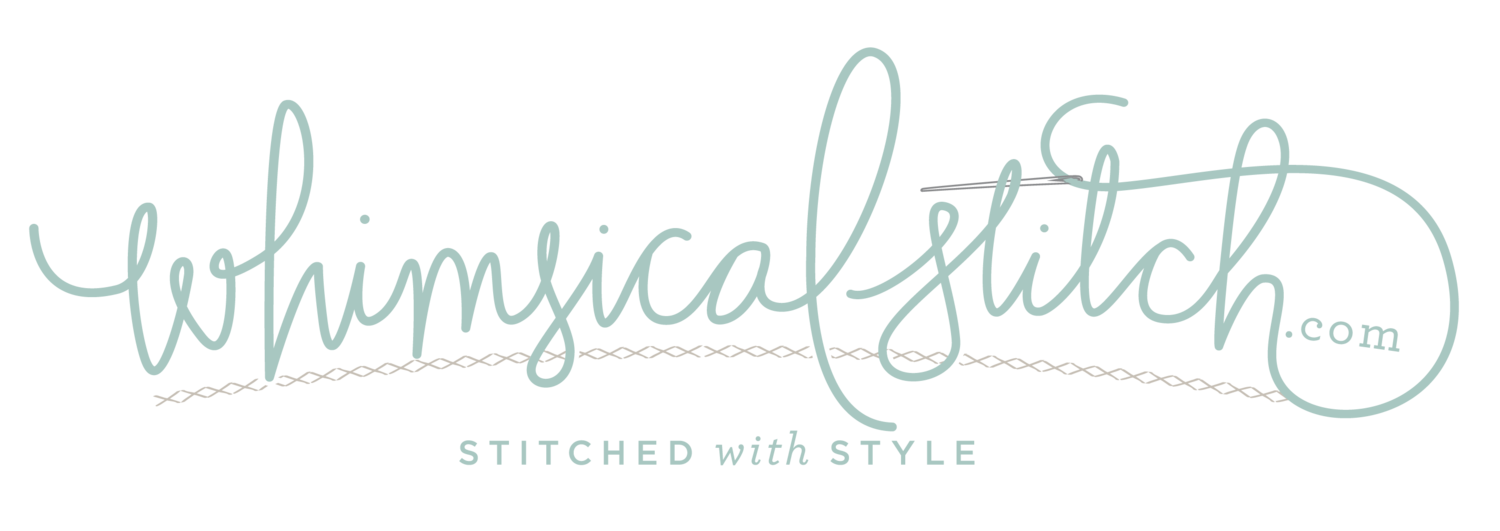I’m not a fan of the needlepoint police. When students ask me if I have any rules, I insist I don’t but acknowledge I have very strong opinions on certain issues. One such “very strong opinion” is plain needlepoint is best for faces. Except, of course, if it is the face of a pumpkin who is sporting purple pants and an olive green jacket. I mean, duh.
The stitched sample uses DMC Perle Cotton (black lines), Petite Silk Lame (aqua lines), Soie D'Alger (gray lines), and Neon Rays (turquoise lines).
So, clearly this is not your typical face stitch nor is it your typical pumpkin…which is why I don’t have rules per se. Everything is relative and you have to have an open mind based on the personality of the piece, the personality of the stitcher, and the final look you are going for.
I would love to see this stitch on any pumpkin (with or without purple pants). You could use it for the purple pants with Petite Very Velvet (black lines), a medium weight Kreinik (aqua lines), any Silk Floss (gray lines), and Silk Lame (turquoise lines). It would be a gorgeous stitch for a fruit tree with your favorite combo of greens for everything but the turquoise lines. Stitch the turquoise lines in the fruit color.
This stitch diagram, along with all other #whimsicalwednesday and #smallspacesunday stitch diagrams, can also be found on a Pinterest board here.
Be sure to follow whimsicalstitch.com on Facebook, Pinterest, Instagram, and Twitter.
IIf you like what you see on this blog, want to learn some very creative decorative stitches, and how to put them all together, whimsicalstitch.com sells Stitch Guides and Stitch Concepts for Melissa Shirley Designs, Zecca Designs, Sandra Gilmore, Purple Palm, Maggie, and Penny MacLeod, and many more. Click here to see the newest guides and click here to see the entire collection.
I hope you have the perfect spot for this stitch! Please enjoy! Have a wonderful #whimsicalwednesday!
A Note about Diagrams
I use color in diagrams to make them as clear as possible. The primary function of different colored lines is to illustrate a stitch sequence. For example, layering of colors demonstrates you add them in that order. They can also provide ideas on how to integrate additional threads (one line for each color). Or, you can use the same thread for all color lines. That's where I encourage you to use your imagination for the space you are stitching!



